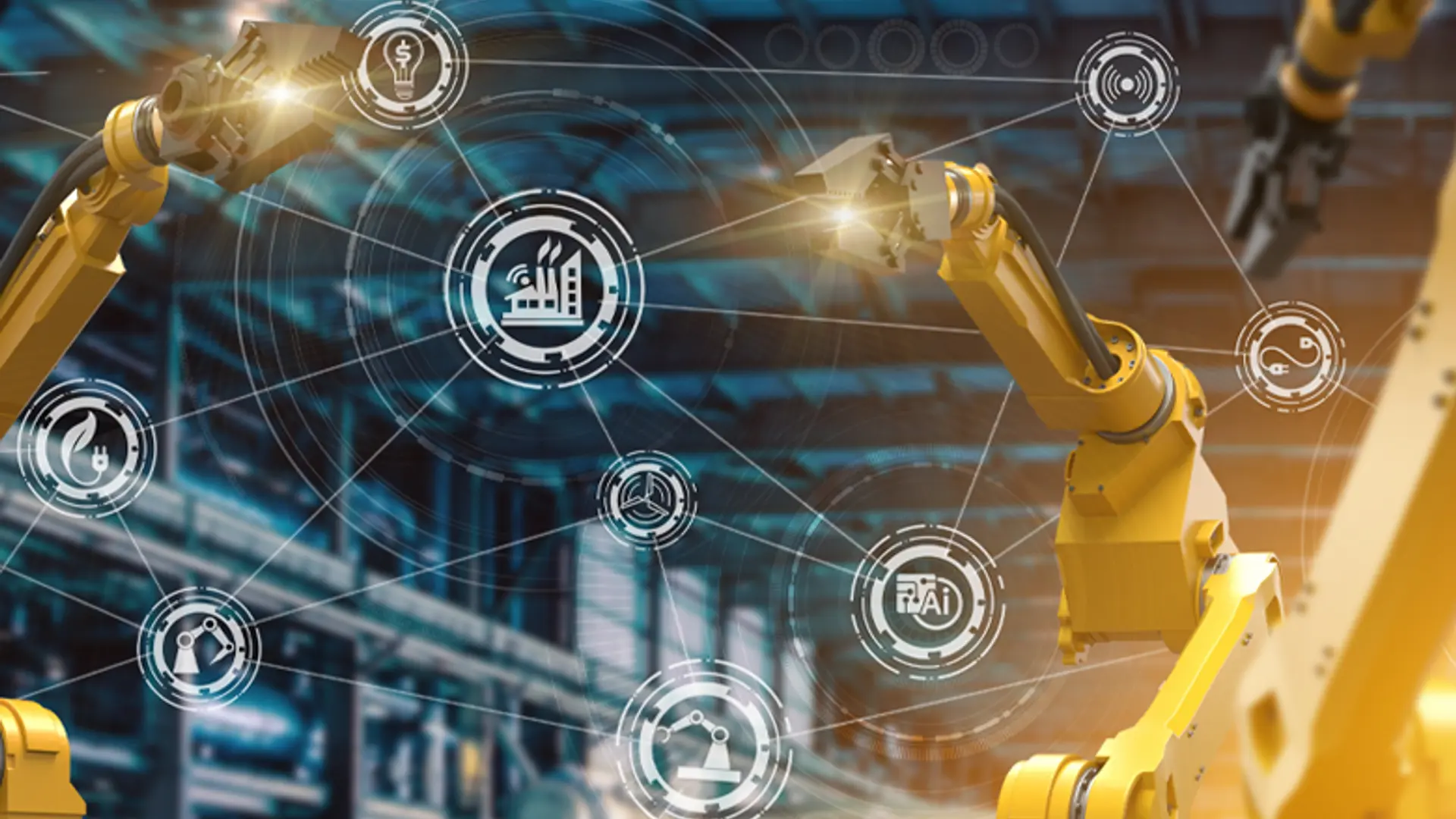Artificial Intelligence (AI) is revolutionizing the manufacturing industry, particularly in product design and innovation. By leveraging AI-driven technologies, manufacturers can create superior products, reduce costs, and accelerate time-to-market. From generative design to predictive maintenance, AI is shaping the future of manufacturing.

1. The Role of AI in Modern Manufacturing
AI in manufacturing goes beyond automation and robotics. It integrates advanced technologies such as machine learning, deep learning, and data analytics to optimize processes. AI-driven systems analyze vast amounts of data to identify patterns, improve efficiencies, and enhance decision-making.
Key AI technologies used in manufacturing include:
- Machine Learning (ML): Helps in predictive analytics and process optimization.
- Computer Vision: Used for quality control and defect detection.
- Generative Design: AI-powered design tools generate innovative product models.
- Natural Language Processing (NLP): Assists in improving communication and documentation.
2. AI-Driven Product Design and Innovation
a) Generative Design for Rapid Prototyping
Generative design leverages AI algorithms to create multiple design variations based on user-defined constraints such as material, weight, and cost. Engineers can input design specifications, and AI suggests optimized designs that might not be achievable using traditional methods.
For example, Airbus uses AI-powered generative design to develop lightweight aircraft components, reducing material waste and improving fuel efficiency.
b) AI-Powered Simulation and Testing
AI enhances computer-aided engineering (CAE) tools by simulating different product designs under real-world conditions. AI-driven simulations help manufacturers:
- Test multiple design iterations quickly.
- Predict potential failures before production.
- Optimize materials for durability and efficiency.
This reduces the need for physical prototypes, lowering costs and accelerating product development cycles.
c) Predictive Analytics for Better Decision-Making
Predictive analytics, powered by AI, helps manufacturers anticipate demand trends, optimize inventory, and enhance product customization. AI analyzes market data, customer preferences, and historical trends to refine product designs.
For instance, Nike uses AI to analyze customer preferences and design custom footwear that meets consumer expectations.
d) AI in Material Discovery and Sustainability
AI-driven materials science is helping companies develop sustainable and high-performance materials. By analyzing molecular structures, AI can identify new materials with desirable properties.
Example: IBM's AI-driven molecular design tool helps discover biodegradable materials for packaging, reducing environmental impact.
3. AI in Smart Manufacturing and Production
AI enhances manufacturing efficiency by integrating with Industry 4.0 technologies such as the Internet of Things (IoT), robotics, and digital twins.
- AI and IoT Integration: Smart sensors in manufacturing plants collect real-time data to optimize production and detect potential issues before they cause failures.
- Digital Twins: AI-powered virtual replicas of physical products allow manufacturers to test modifications in a virtual environment before implementing them in real-world production.
- Collaborative Robots (Cobots): AI-driven robots work alongside human operators to improve efficiency and safety on the factory floor.
4. Challenges and Future of AI in Manufacturing
Despite its advantages, AI adoption in manufacturing faces some challenges:
- High Initial Investment: Implementing AI requires significant capital for infrastructure and training.
- Data Security Concerns: AI relies on vast amounts of data, raising concerns about cybersecurity and intellectual property protection.
- Workforce Adaptation: Employees need reskilling to work alongside AI-driven systems.
Future Prospects
As AI continues to evolve, manufacturers can expect:
- More autonomous production lines.
- Enhanced human-AI collaboration for creative product design.
- Improved AI-driven sustainability efforts in manufacturing.
Conclusion
AI in manufacturing by enhancing product design, innovation, and efficiency. With AI-driven generative design, predictive analytics, and smart production, companies can develop superior products faster while reducing costs. As AI technology advances, the future of manufacturing promises even greater innovation, sustainability, and customization.






